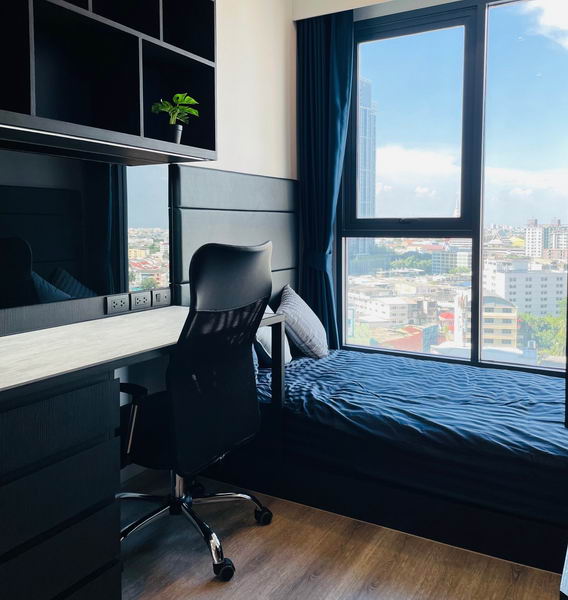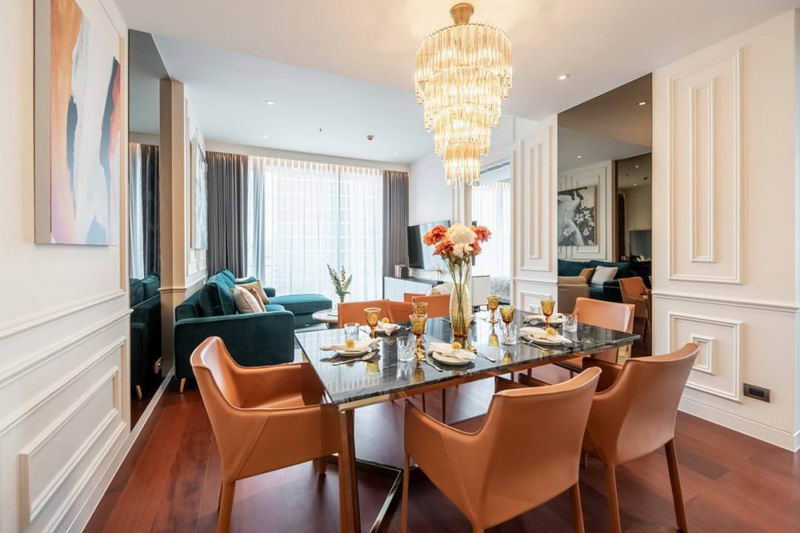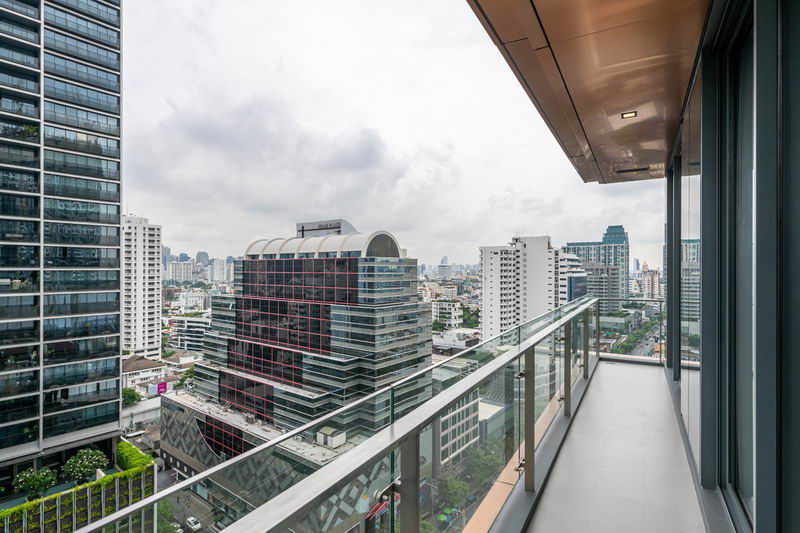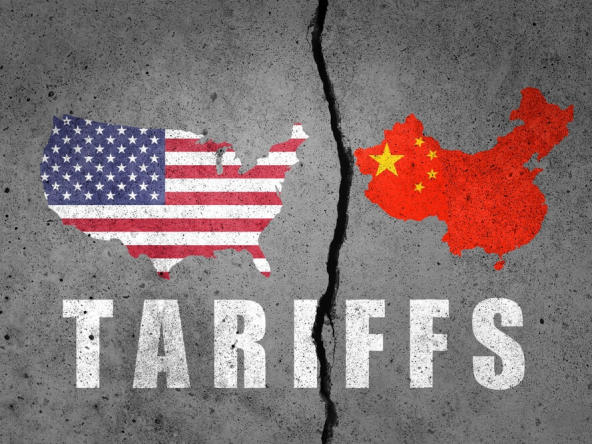At Hero Realtor, we always want to give our potential clients the best advice on everything Bangkok real estate-related. One of the major issues is that foreigners looking to buy condos in Thailand very seldom understand the hoops you need to jump through in terms of legal requirements. Thai real estate laws can seem complicated and illogical, which is why you need to know more.
Foreigners can buy and hold Thai real estate through a variety of ownership structures and land titles.
The three most common forms of ownership used by foreigners to hold Thai real estate are leasehold, freehold through a condo title, and freehold through acquisition by a Thai company.
Foreigners may also, in some circumstances own Industrial property freehold. The Thai Land Code considers “foreign” ownership to be property ownership by any foreign individual or company.

CONDO TITLE DEFINITIONS
In Thailand, a condo is a multi-unit building where there is freehold ownership of individual units and a common interest along with all the other owners in the land and common areas. In some countries, this is called the strata title.
A condo is registered at the Land Department and each individual unit has its own title deed.
Foreigners are allowed to own up to 49% in area terms of a condo building in Thailand.
The percentage of foreign ownership of each condo building is registered at the Land Department.
Purchasers of new condo buildings sold off-plan need to clarify with the developer that their particular condo unit will be registered as part of the foreign quota.
Purchasers of units in existing condo buildings should clarify with the vendor if the unit is already part of the foreign quota or if not if there is foreign ownership quota still available.
All the money used to purchase a condo by a foreigner must be remitted to Thailand as foreign currency.
Foreign purchasers need to obtain a “Foreign Exchange Transaction Form” certificate for each payment from the beneficiary bank all these certificates must be shown to the Land Department to register the condo.

Sending Money to Thailand…
When the money is sent to Thailand, a foreign purchaser needs to include in the transfer instructions that the purpose is to buy a condo unit. A foreigner who has Thai baht in his non-resident bank account or who has a foreign currency bank account in Thailand may withdraw money from such account for the payment of the condo unit. In this case, a withdrawal slip and bank certificate issued by the bank are needed to confirm that the funds were withdrawn from those accounts to buy a condo. These documents will be required to be shown at the Land Department.
Foreigners with Thai spouses who are buying a condo jointly must comply with foreign ownership regulations and transfer all funds to purchase a condo from overseas.
Foreigners who have Permanent Resident status in Thailand do not need to transfer funds from overseas.
The owner of a condo unit will be named on the title deed of the unit. The condo title deed will clearly state the area which will include balconies but exclude columns and common areas. The condo title deed will show the ratio of ownership of the common areas.
Car parks may be registered on the condo title deed in a number of different ways, there may be an exact size and location of the car park space. There may alternatively be a right to the exclusive use of a car park space(s) without defining the area or location.
APARTMENT / VILLA LEASEHOLD TITLE DEFINITION

A foreigner may register ownership of a 30-year lease with the Land Office. This may be a lease of a condominium, an apartment, a house/villa, or land. The landowner or building owner must hold the property on freehold “Chanote” title or “Nor Sor 3 Gor”. There are no restrictions on foreigners owning a building outright. Therefore, a foreigner may own a building erected on the land over which they have a 30-year lease.
The lessor can grant the lessee a series of options to renew the lease for further terms of 30 years, but these options cannot be registered against the land title and are only enforceable on the contracting parties.
This structure is transparent and is fully in accordance with Thai law. As the leasehold structure can be complex we recommend that the purchasers of a leasehold property seek qualified legal advice before entering into lease contracts.
We hope this helped you to understand the nuances of Thai property laws and Bangkok condo ownership for foreigners. For sure, it’s a potential minefield, but if you have knowledge on your side, or a top-notch property agency or lawyer, you should be fine. At Hero Realtor, we can point you in the right direction if you need any help. You can email us at contact@herorealtor.com





